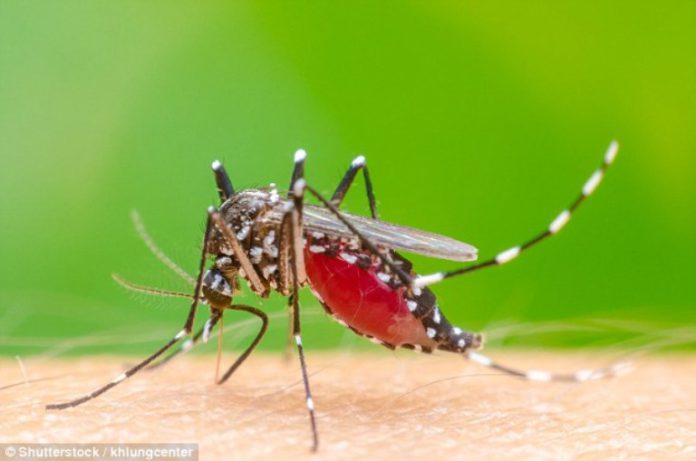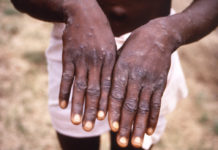
The Ghana Health Service (GHS) has confirmed the presence of a new mosquito vector called Anopheles stephensi in the country.
The new vector was confirmed in March 2023 from samples taken in Tuba and Dansoman in the Greater Accra region.
In a statement, GHS explained this was as part of the routine malaria surveillance system and vector control monitoring done nationwide through designated sentinel sites.
“The Anopheles stephensi is a unique vector known to breed in a myriad of sources such as ponds, swamps, marshes, artificial containers and other man-made container spots. It can practically breed in almost all water sources, some of which are not the traditional breeding sites of the common Anopheles species, particularly in urban areas.
“The vector can also survive in extremely high temperatures during the dry season when malaria transmission usually declines. It is known to spread fast and adapt to different climatic conditions posing challenges to its control,” the statement explained.
The Service has therefore entreated the public to ensure the removal of water collection points in and around their homes and communities.
This GHS noted will help to minimize the breeding sites for this new mosquito species and also cover all water containers to avoid mosquito breeding.
ALSO READ:
New ‘Dansoman, Tuba’ deadly mosquito breed: No need to panic over Malaria
Parliament’s Health Committee visits mosquito breeding site
Also, households have been advised to use insecticide-treated nets to protect themselves against indoor mosquito bites.
The use of repellents and protective clothing that protects against mosquito bites and to screen doors and windows of rooms have also been advised.
Below is the statement






